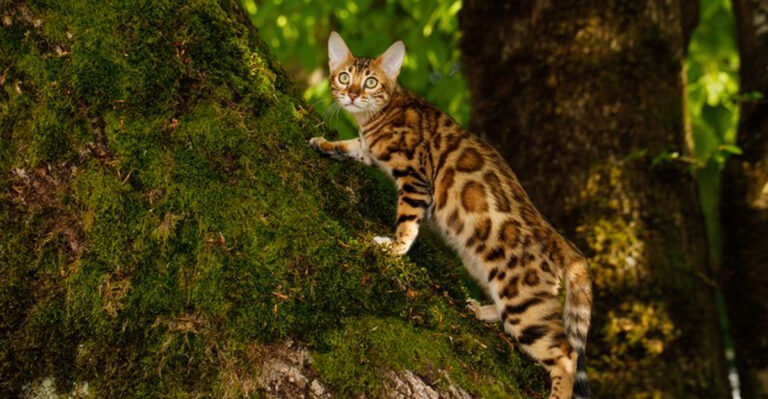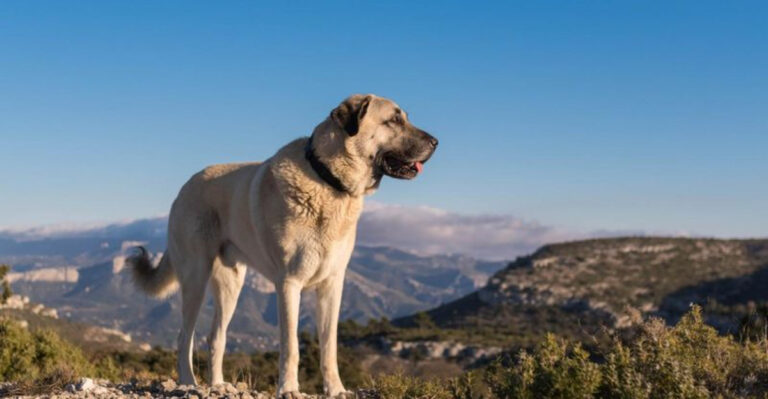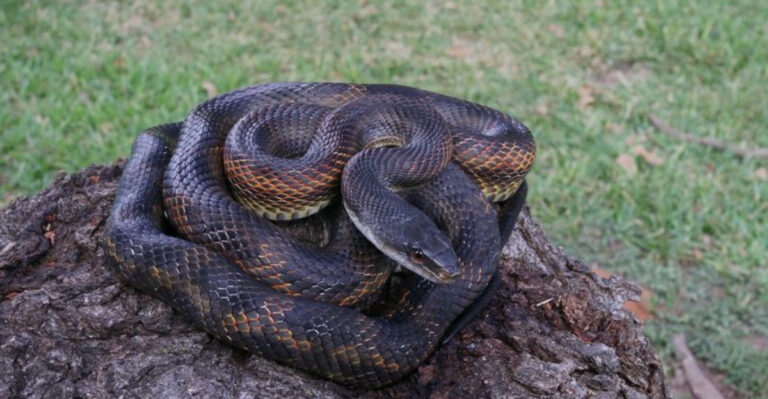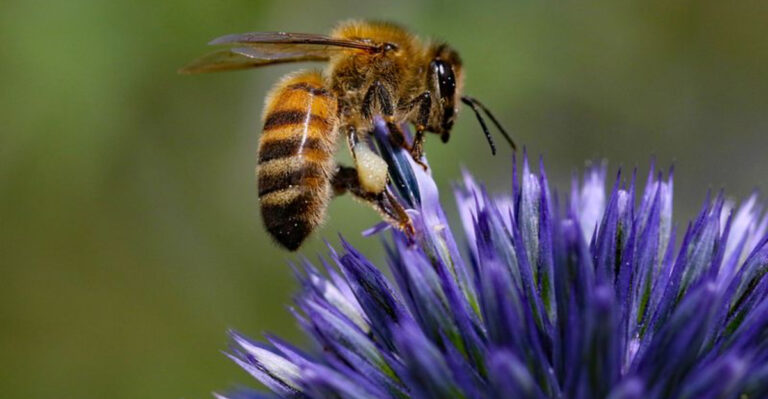15 Bear Safety Tips To Keep Hikers And Campers Protected
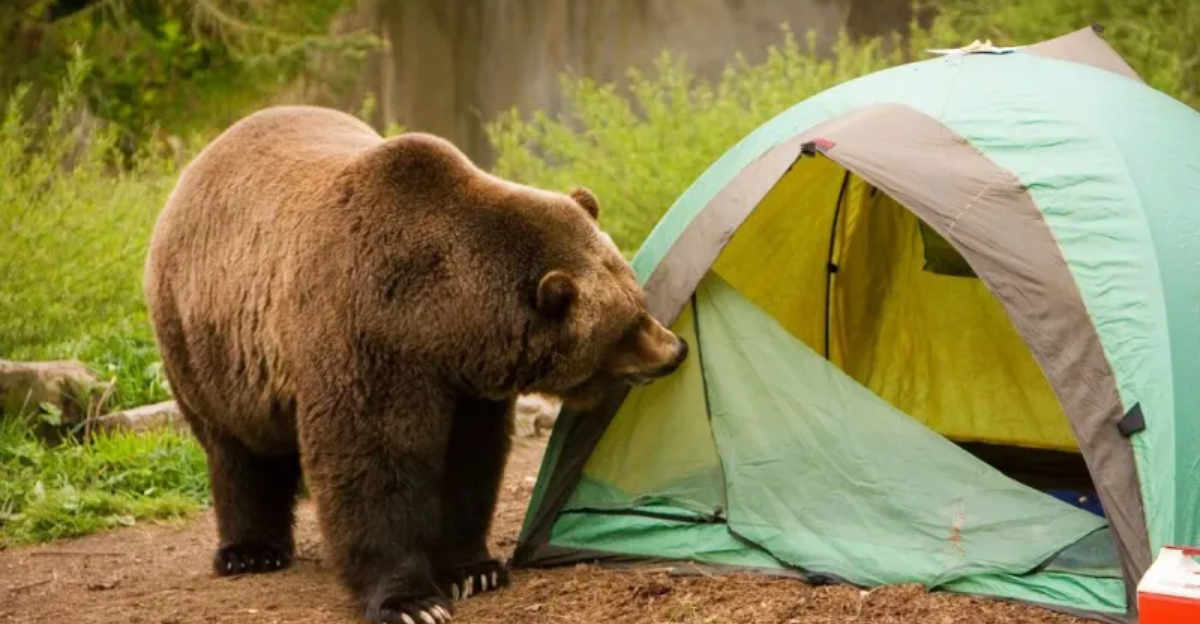
Venturing into bear country can be thrilling, but it demands caution and knowledge to stay safe. Bears are generally shy creatures that prefer to avoid humans, yet encounters do happen in the wilderness.
Understanding how to prevent confrontations and react appropriately if you spot a bear could mean the difference between a fantastic outdoor adventure and a dangerous situation.
1. Make Noise While Hiking
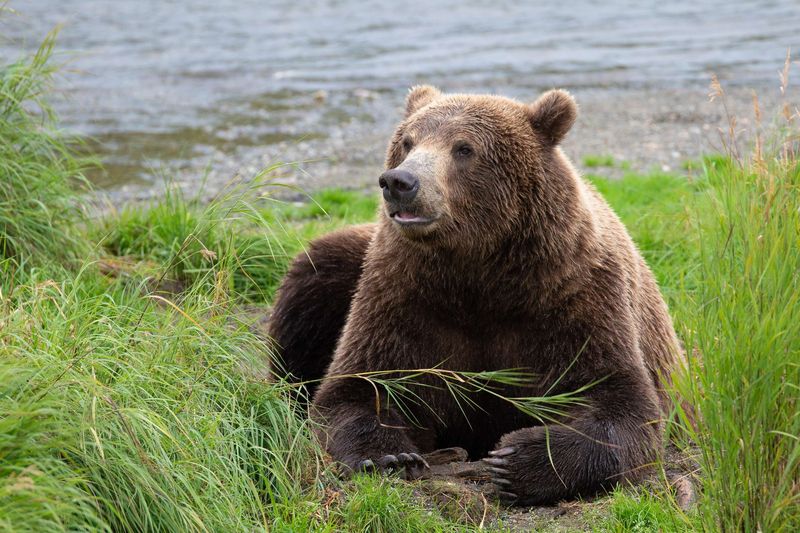
The last thing you want is to startle a bear around the bend! Singing, clapping, or chatting with hiking buddies alerts bears to your presence long before you meet face-to-face.
Most bear encounters happen because the animal didn’t hear humans approaching. Carrying bear bells or occasionally calling out “Hey bear!” gives wildlife time to move away peacefully.
2. Travel In Groups
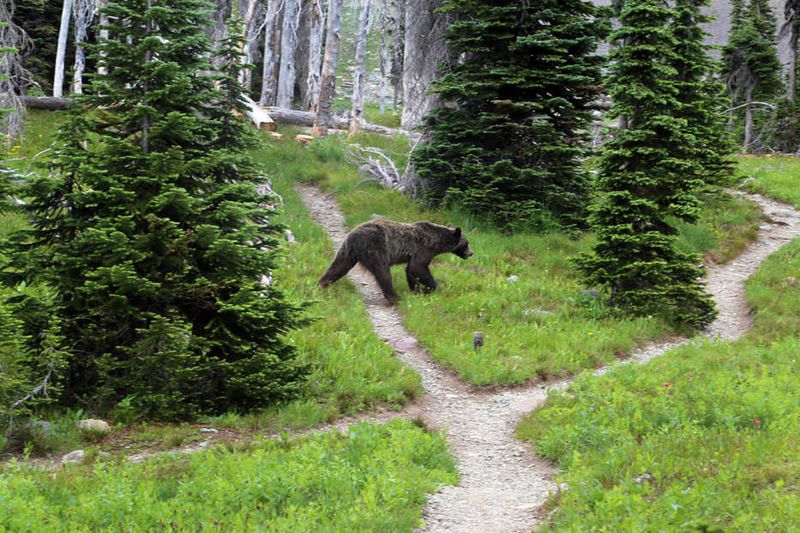
Safety in numbers isn’t just an old saying – it’s bear smart strategy! Groups create more noise naturally and appear more intimidating to curious bears.
Statistics show that solo hikers face significantly higher risks during bear encounters. Three or more people traveling together rarely experience aggressive bear behavior, making group adventures both more fun and safer.
3. Carry Bear Spray (And Know How To Use It)
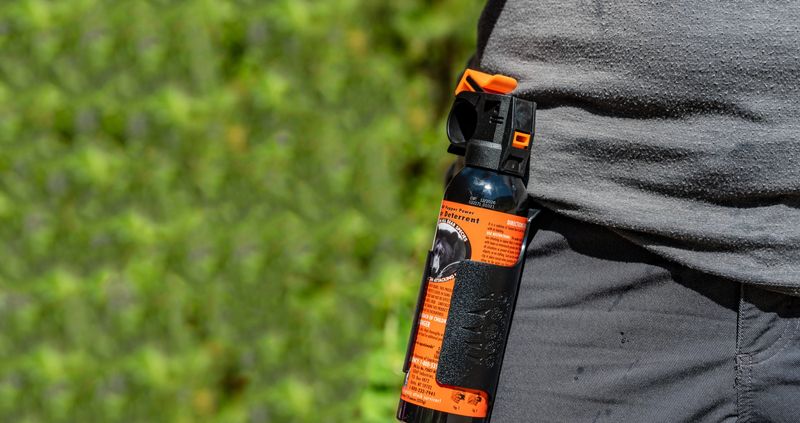
Think of bear spray as your wilderness insurance policy – effective but hopefully never needed. This powerful deterrent can stop a charging bear in its tracks when used correctly.
Practice drawing your spray quickly and remember it works best at 12-30 feet. Keep it accessible on your belt or backpack strap, not buried deep in your pack where you can’t reach it in seconds.
4. Store Food Properly
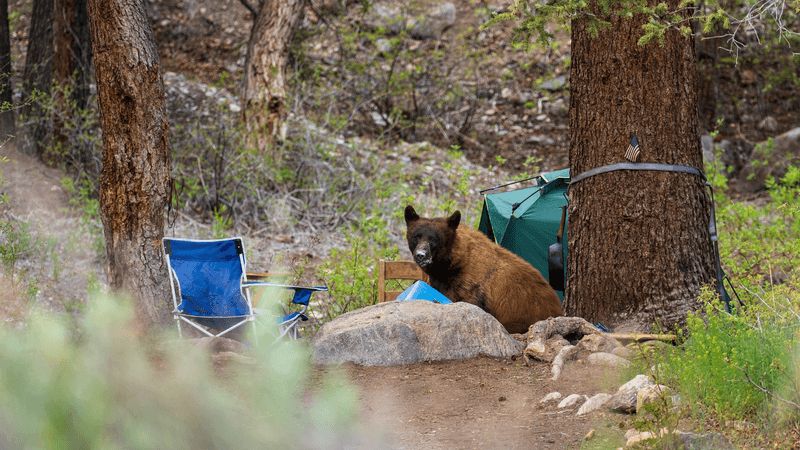
A bear’s nose is seven times more sensitive than a bloodhound’s! This remarkable sense of smell means your trail mix could attract bears from miles away.
Use bear-resistant food containers or hang food bags at least 10 feet high and 4 feet from any tree trunk. Never store food in your tent -even that forgotten candy wrapper could invite unwanted midnight visitors.
5. Cook Away From Your Campsite
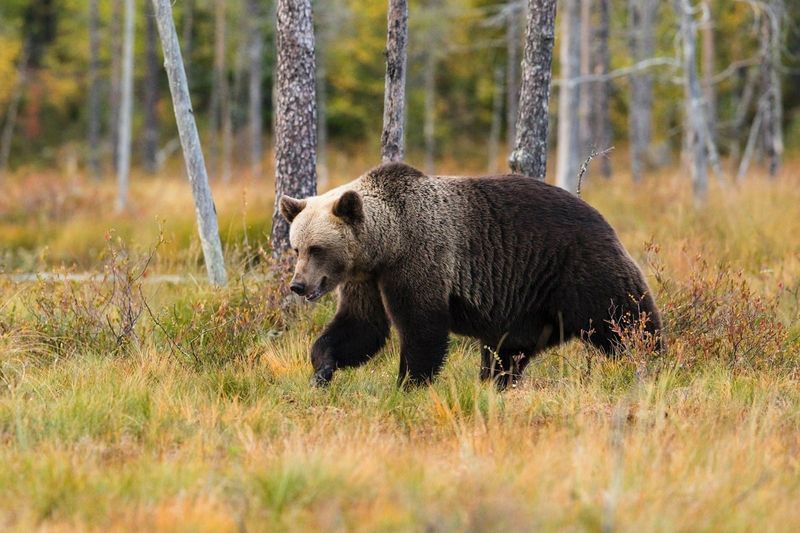
Smart campers create a triangle: sleeping area, cooking area, and food storage all at separate corners. Food smells cling to cooking spots long after you’ve finished that delicious camp meal.
Prepare food at least 100 yards from your tent to avoid turning your sleeping area into a bear-attracting restaurant. This simple habit dramatically reduces nighttime bear encounters.
6. Recognize Bear Signs
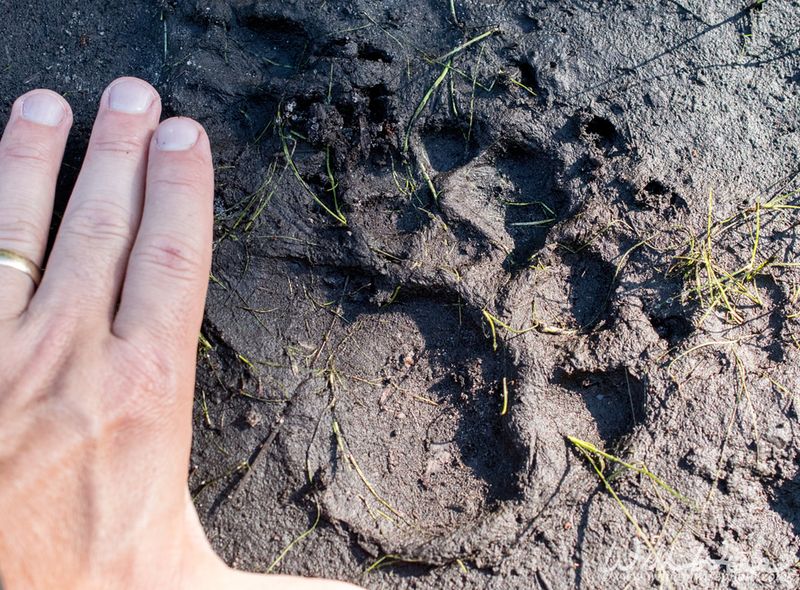
Fresh tracks larger than a human hand? Torn-up logs? Half-eaten berries? You’re reading nature’s warning signs of recent bear activity.
Learning to spot claw marks on trees, digging sites, and scat (droppings) helps you detect bears before they detect you. Pay special attention near streams during salmon runs or berry patches in late summer -bear feeding hotspots.
7. Avoid Hiking At Dawn Or Dusk
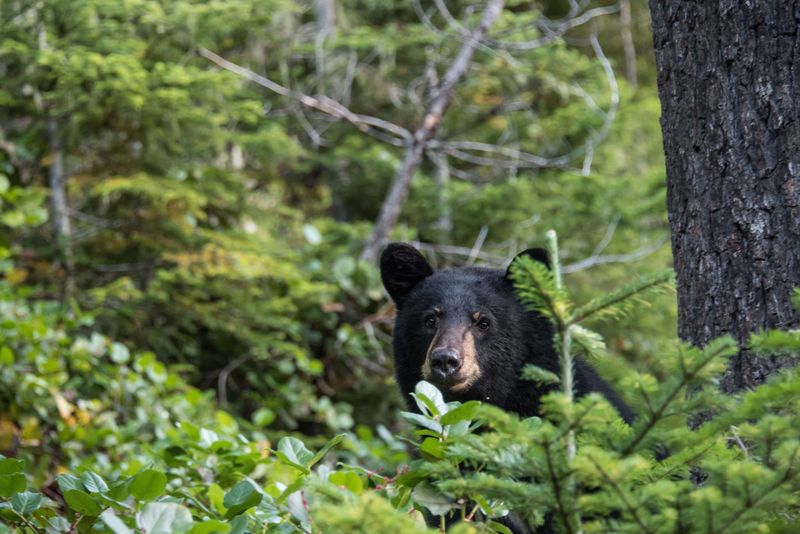
Bears follow their stomachs, and they’re hungriest during twilight hours. These crepuscular creatures are most active when the light gets dreamy – exactly when trail visibility for humans worsens.
Planning hikes between 10am and 4pm significantly reduces your chances of surprise encounters. Bonus: midday hiking also means better lighting for spotting wildlife from safe distances.
8. Keep Dogs Leashed Or At Home
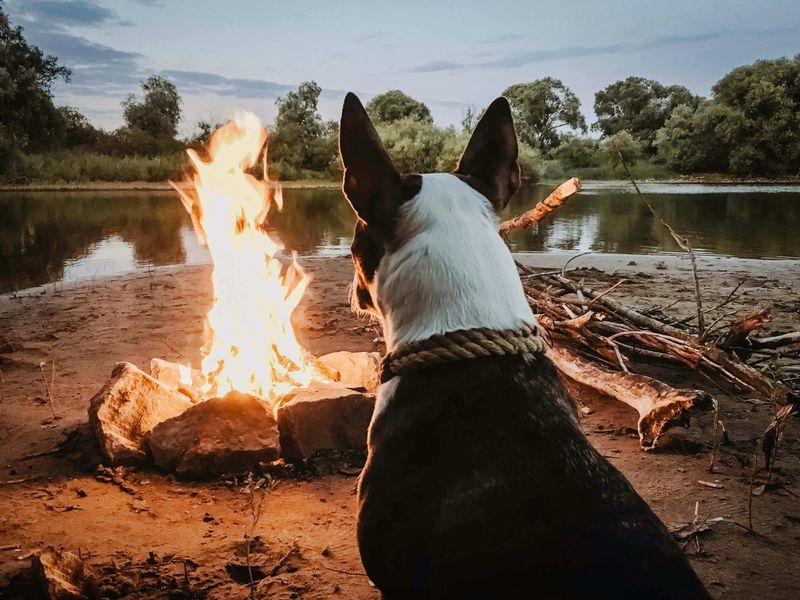
Fido might be your brave protector at home, but in bear country, unleashed dogs often create more problems than they solve. Curious canines frequently chase bears, then lead the angry animals straight back to their owners!
If bringing your four-legged friend, keep them leashed and trained to stay quiet. For some backcountry areas, considering leaving pets at home might be the safest choice.
9. Know How To React To Different Bears
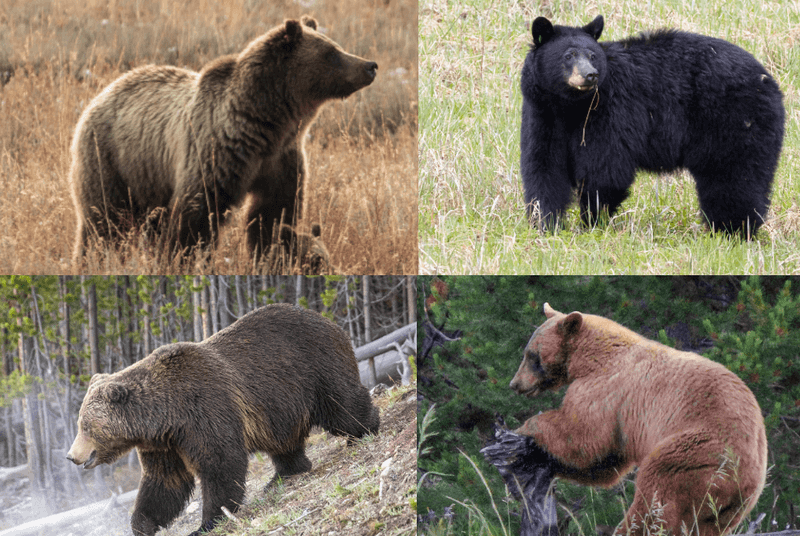
Black bears and grizzlies require different responses during encounters! With black bears, making yourself big and loud often works as they’re more likely to be bluffing.
Grizzlies demand more caution – lying face down and covering your neck during an attack might increase your chances of survival. Identifying which species you’re facing could be your most valuable wilderness skill.
10. Never Run From A Bear
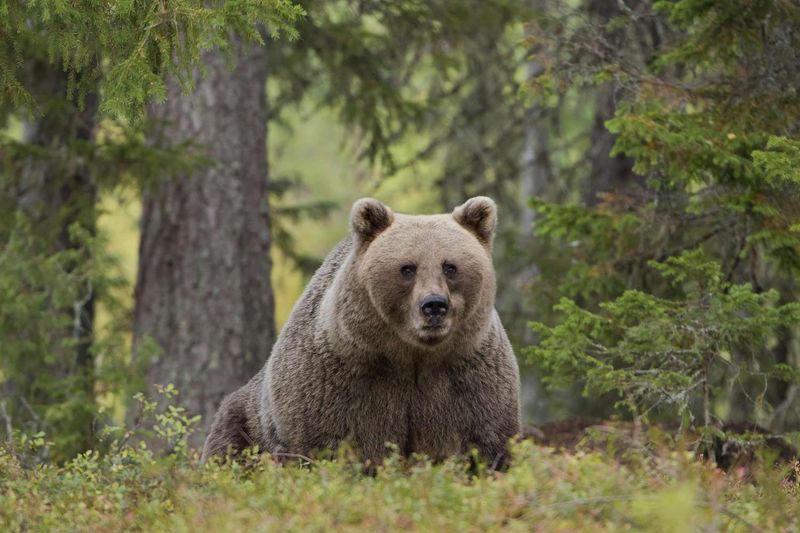
Running triggers a bear’s chase instinct faster than anything else! Even Olympic sprinters can’t outpace a bear, which can hit speeds of 35 mph – that’s faster than a racehorse.
Instead, back away slowly while facing the animal. Speaking in calm, low tones lets the bear know you’re human and not prey, while giving both of you space to exit the situation safely.
11. Avoid Scented Products
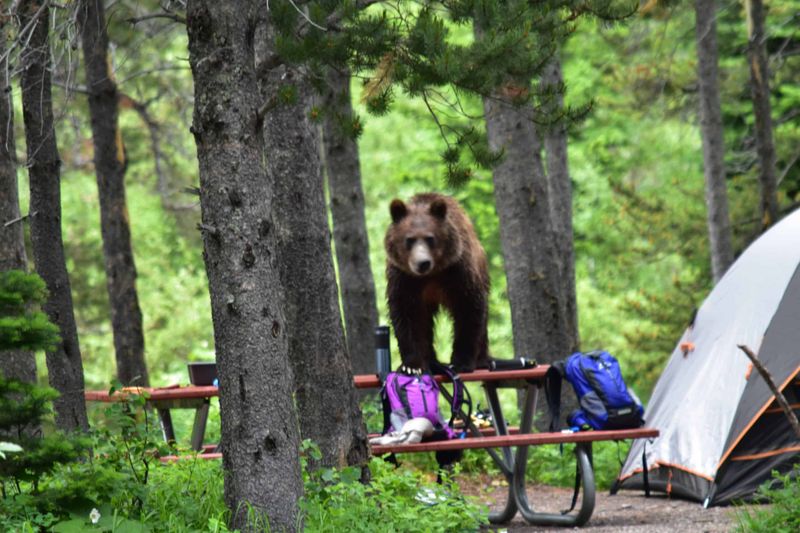
Your morning routine might smell delightful to humans but screams “snack time” to bears! Fruity shampoos, deodorants, and even minty toothpaste can attract curious bears from surprising distances.
Opt for unscented toiletries when camping and store them with your food, not in your tent. Wilderness veterans even avoid cooking in clothes they’ll sleep in to minimize lingering food odors.
12. Be Extra Cautious Near Water Sources
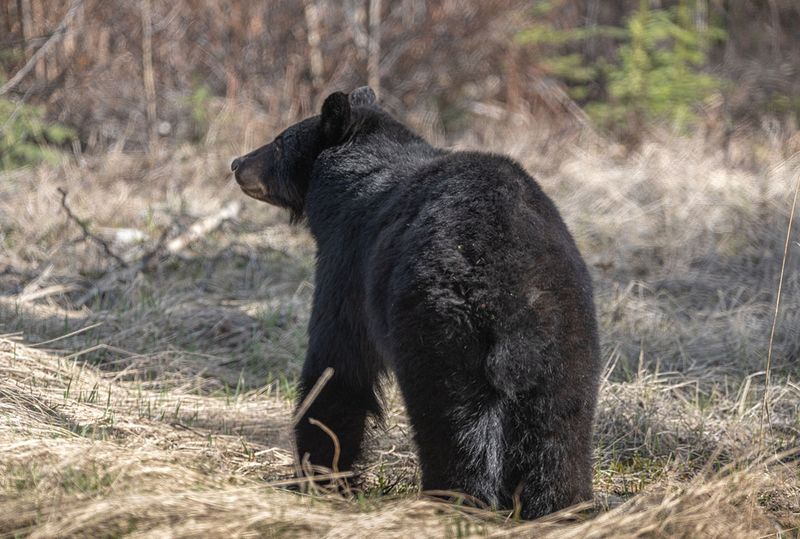
Rushing water creates nature’s white noise machine, making it harder for both you and bears to hear each other approaching. Streams and rivers are also bear dining hotspots, especially during fish spawning seasons.
When approaching water sources, clap or call out more frequently. Take extra time scanning the area before settling in to fill water bottles or cool off.
13. Research Your Destination
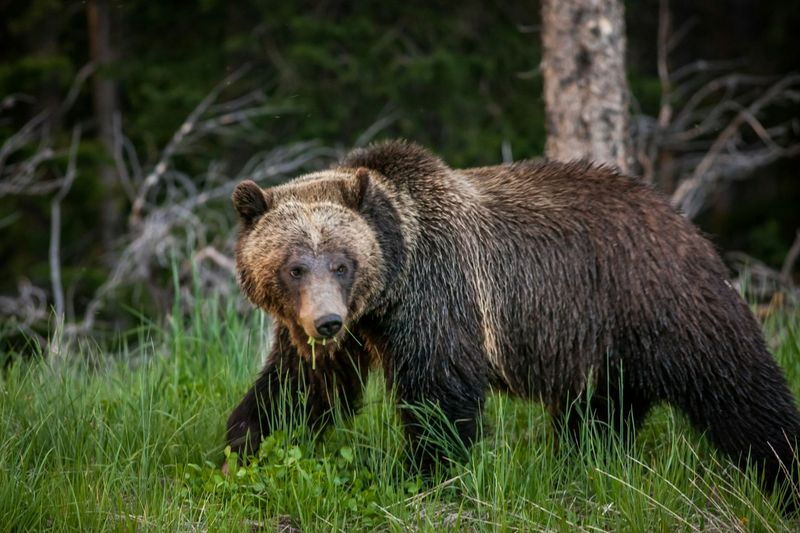
Knowledge is your first line of defense in bear country! Recent bear activity reports, seasonal food sources, and local regulations vary dramatically between wilderness areas.
Call ranger stations before your trip for the latest wildlife updates. Many popular bear habitats require special food storage equipment or have seasonal trail closures during peak bear activity – information worth knowing before you arrive.
14. Carry First Aid Knowledge
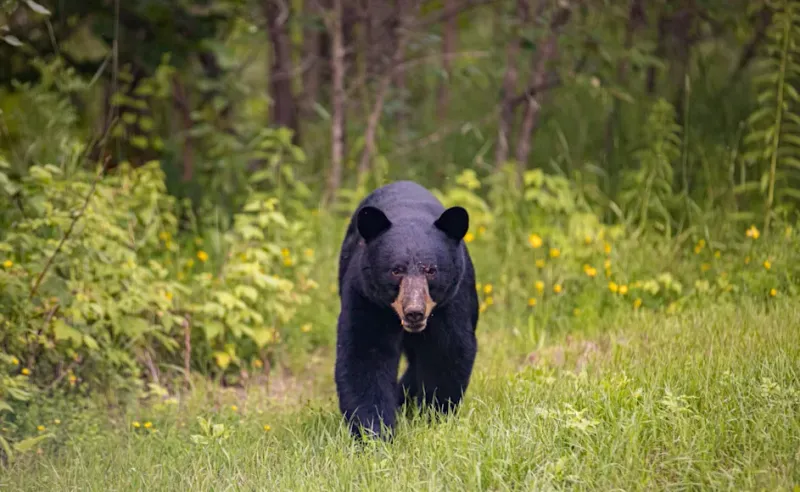
Wilderness first aid skills create confidence that can prevent panic – the worst response during wildlife encounters. Understanding how to treat injuries while waiting for help could be crucial in remote locations.
Consider taking a wilderness first aid course before major backcountry trips. The calm decision-making these courses teach proves valuable in all outdoor emergencies, not just bear encounters.
15. Leave No Trace
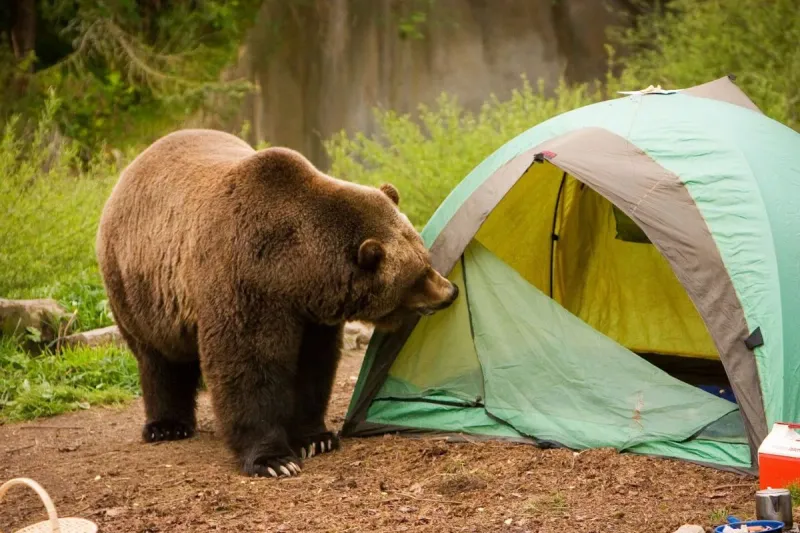
Responsible camping isn’t just environmentally friendly – it’s bear smart too! Every food scrap, fish cleaning site, or improperly buried human waste teaches bears to associate humans with easy meals.
Pack out everything you bring in, and use proper waste disposal methods. The wilderness ethic of leaving no trace helps keep bears wild and wary of humans – exactly as nature intended for both species’ safety.

